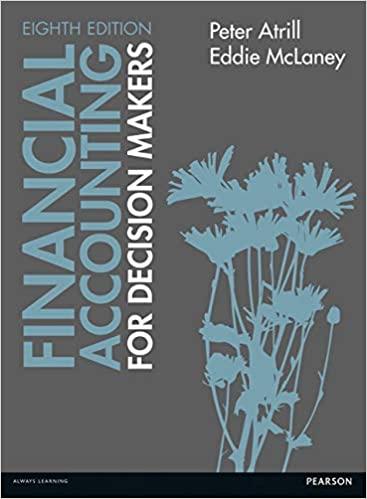Question
Assume that you work for a midsized nonunion company. The firm is facing its most serious union-organizing campaign in years, and your boss is determined
Assume that you work for a midsized nonunion company. The firm is facing its most serious union-organizing campaign in years, and your boss is determined to keep the union out. He has just given you a list of tasks that should thwart organizers' efforts. For example, he has suggested the following:
- Whenever you learn about a scheduled union information meeting, you should schedule a worker appreciation event at that same time. He wants you to offer free pizza and barbecue and to give cash prizes. The winners have to be present to receive their prizes.
- He wants you to look at the most recent performance evaluations of the key union organizers and terminate the one with the lowest overall evaluation.
- He wants you to make an announcement that the firm is seriously considering new benefits such as on-site child care, flexible work schedules, telecommuting options, and exercise facilities. While you know the firm is indeed looking into these benefits and several others, you also know that ultimately what is provided will be far less lavish than your boss wants you to intimate.
When you questioned the ethics and legality of these practices, he responded by saying, "Look, all's fair in love and war, and this is war". He went on to explain that if the union wins, the company might actually shut down its domestic operations altogether and move all its production capacities to lower-cost foreign plants. He concluded by saying that he was really looking out for the benefit of the employees, even if he had to play hardball to help them. And, indeed, while you can see through his hypocrisy, you also recognize that there is some potential truth in his warning--if the union wins, jobs may actually be lost.
Answer the following questions:
1. What rules and regulations exist that managers should be aware of before taking any actions against unionization?
2. What are the basic arguments for and against taking extreme measures to fight unionization efforts?
3. What history about unions apply in today's work environment? What are some of the mainstream larger unions of today?
4. What kind of influence do unions have on politics? Is this influence fair and just, and to whom?
5. As an employee do you have a choice of joining a union or not? How so? Why would an employee want to join a union? Why would an employee NOT want to join a union?
6. Extra credit: Address the situation on-going with the Starbucks Corporation and unions.
Step by Step Solution
There are 3 Steps involved in it
Step: 1

Get Instant Access to Expert-Tailored Solutions
See step-by-step solutions with expert insights and AI powered tools for academic success
Step: 2

Step: 3

Ace Your Homework with AI
Get the answers you need in no time with our AI-driven, step-by-step assistance
Get Started


